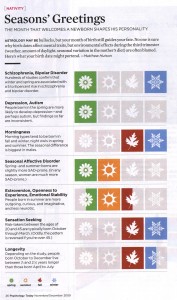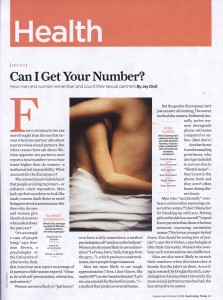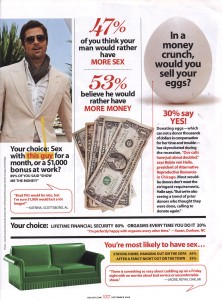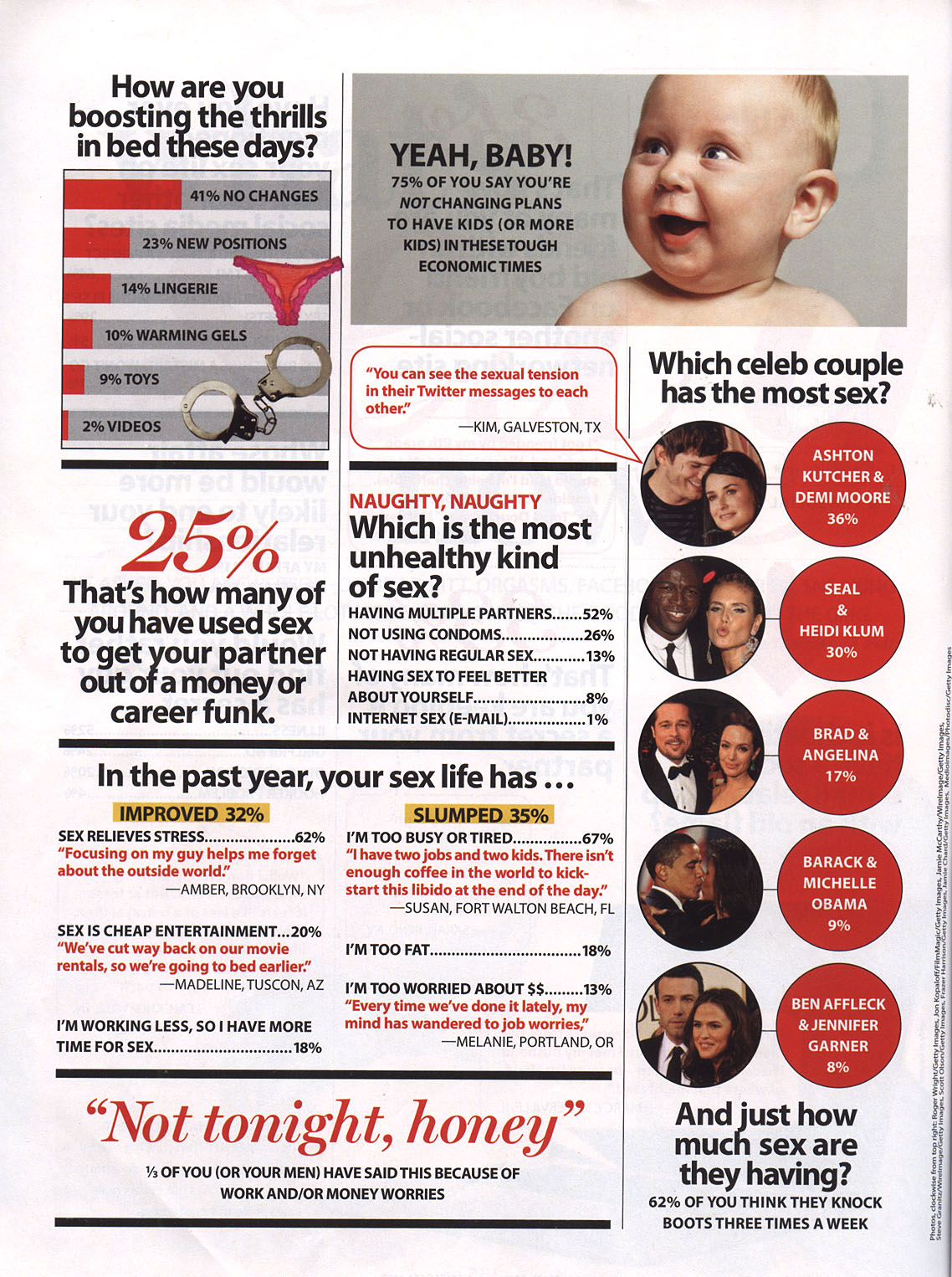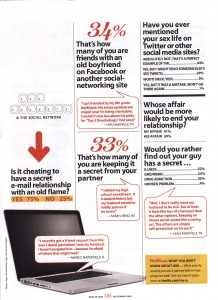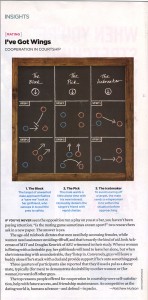
“Don’t take your partner/spouse for granted.” We hear that all the time, but what does that really mean? It means treating your lover — and other family members too — with the same respect and kindness you show your friends. (And don’t forget to demand the same in return!)
If you aren’t sure what this means, ladies, remember back to those unspoken rules you (painfully) learned in junior high. Here are 13 reminders of them (in the order they popped into my head.)
#1 Gossip and assumptions are dangerous things, often motivated by people around you who have an angle; be as suspicious of the one who brings you “news” about your romantic partner as you are of your romantic partner.
#2 While first impressions may matter, it’s more about the person than their looks. Haven’t we all a BFF, now or back in the day, who was unable to afford the latest fashion trends, had bad taste in clothes (didn’t know how to dress to impress — or didn’t care to!), had horrible skin, or some other sin or appearance but is/was the very definition of a best friend? Don’t knock a potential partner because he or she wouldn’t appear in a slick glossy magazine — you might miss the romantic best friend you’ll really have forever.
#3 Sucking up to the cool kids never works; or at least it’s a brutal thing to do to yourself. Be friendly, make yourself accessible; but glomming on or inserting yourself where you are not welcome only makes you the butt of jokes while demoralizing yourself.
#4 Make the effort to stay connected. You probably don’t need to take the call-them-everyday-after-school approach when you first meet them (that goes for texting etc. too), but you do need to put effort into the relationship. It’s not just that you call them during a crazy work week to let them know that you are alive; your call says you care to know that they are still alive.
#5 Show an interest in them. No one liked that girl who made everything all about her all the time; no one will like her now. Dates are opportunities for each to learn about the other. Don’t monopolize; take advantage of the time to learn about this new person in equal measure to allowing them to discover you. When you live together, make an effort to focus on your partner that is equal to your expectation to be paid attention to.
#6 Trust is earned, not blindly given. Actions, then as now, speak louder than words. Dating is also about spending enough time together to build trust. (And when you are in a committed relationship, your actions still speak louder than words.) Value the sacred trust of secrets and shared intimacies — and demand the same. Start with small confessions and as they are held sacred, slowly increase what you divulge. (The same is true for physical issues of proximities and intimacies — yup, that means sex! This preferably after trust has been earned in other ways.)
#7 Forgive and forget is an expression stated as a sentence, but in reality it’s multiple choice question; sometimes you can & should do both, sometimes you will choose one, and sometimes grievances are too large for either. Effort on the part of both parties is required and time will be both the test and the tell.
#8 Time heals all wounds. On Friday you were writing in your journal about Jane’s crimes, using words your parents didn’t know you knew; on Saturday you were begging to sleepover at her house. Emotions of the moment are best vented, explored, and examined overtime with a zeal equal to the intensity of your feelings. Whether it’s the multiple choice question of forgive and forget, or a matter of swallowing your own pride when you’ve been called upon to face something about yourself, time is required to digest this bitter meal. (Even when you must simply walk away from the relationship, time will heal that wound; the sooner you start, the better.)
#9 When invited somewhere, reciprocate in a timely manner. You know what happened to those girls who only went to your parties, but never invited you to theirs; to those who came to all the birthday parties, but never brought a gift; to those who waited months after sleeping over at your house to have you sleepover at their house — they got axed from the invite lists. Not only should you be mindful not to be only date taker, but remember to be a date maker too. This means suggesting plans as well as being prepared to pay for them.
#10 Be as generous as you can. Like with party invites, it’s just good manners to reciprocate gifts shared — and in a timely manner. I’m not saying that when you are given a birthday gift that you must give them a gift in return, but don’t be a taker. You may not have the means to match a person dollar for dollar, but give something. And do not think of gifts as only those objects which come wrapped in pretty packages either; gifts are also kindnesses, understandings, secrets, and intimacies shared.
#11 Share and share alike only works just so far. Remember how you didn’t want Trish to wear your favorite top — how she called you stingy & jealous too? Well, there are always things that remain solely yours, no matter how close you are to someone else. There’s no reason to give up or share every single thing — including your personal dreams, career, identity — just because you want a close relationship. If they act like Trish, remind them this is normal, healthy, and to get over themselves.
#12 Being supportive doesn’t mean you force the unwilling to talk — or have to provide the solution. There are many ways you cheered-up a friend with problems — even serious problems. Sometimes you listened; sometimes you just sat with them. Other times, you arranged distractions — cracked jokes to get them to smile, invited them over, took them to the mall, or otherwise offered ways to get them temporarily “out” of whatever was trapping them. There are a million little ways to let a person know you care and are there, ready & willing, for them to share. (Similarly, if you aren’t a big talker or sharing isn’t easy for you, be sure to respond somehow!)
#13 Have fun. What’s the point of being with someone who only brings you down? It’s one thing to ride out a tough time, be supportive through a bad circumstance; it’s another to devote yourself and your life to one who makes you miserable.
Get the Thursday Thirteen code here!
View More Thursday Thirteen Participants
